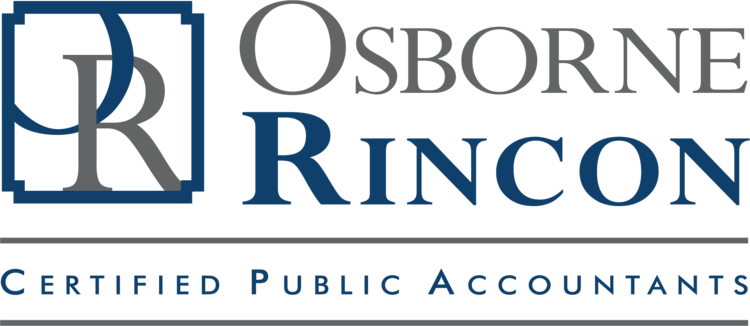By: Jason Schneider, CPA
With increased debt being carried by many people these days, more attention is being paid to the onslaught of ads from debt relief companies that propose to help negotiate down or eliminate your debt. While people who were able to take advantage of these programs breathed a huge sigh of relief at the time of the discharge, many did not realize is that most cancellation of debt is considered income and needs to be picked up on their tax return in the year the debt was forgiven.
Fortunately, there are several exceptions to the taxability of cancellation of debt income:
- Mortgage Debt Forgiven Due to Foreclosure - The Mortgage Debt Relief Act that took effect in 2007 allows for initial debt on a primary residence that is forgiven to be excluded from taxable income.
- Debt Discharged in Bankruptcy - Simply put, if there was debt discharged due to bankruptcy it is not recorded as taxable income.
- Debts Cancelled Due to Insolvency - The reason most people have debt cancelled is because they are insolvent. The amount of forgiven debt due to insolvency is limited to the amount by which their total debts exceed total assets.
- Student Loan Debt Provisions - Some student loans contain provisions that allow for cancellation of the debt after meeting specific requirements.
There are several other exceptions and details to cancellation of debt income, so if you receive a 1099-C from a lender for cancellation of debt, it is strongly recommended you contact your CPA to see how you might be able to avoid writing a check to the IRS.
Jason Schneider is a certified public accountant for Osborne Rincon in La Quinta. He can be reached at (760) 777-9805 or jschneider@osbornerincon.com.
